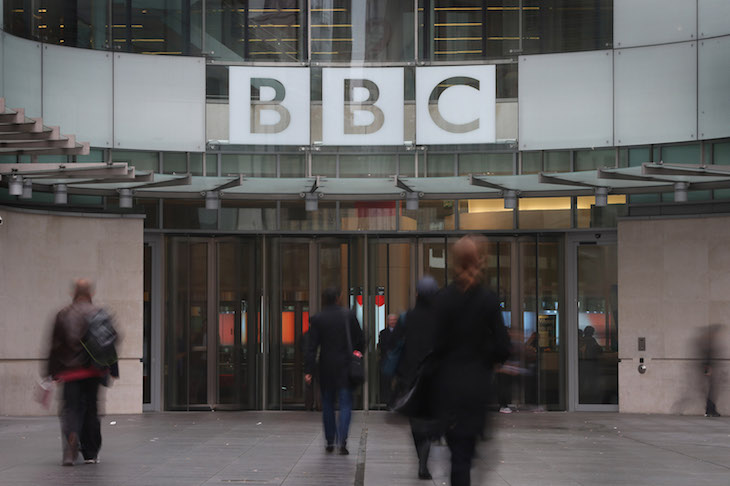With austerity so last election, voters no longer seem too fussed by the deficit. It may be that they no longer think it’s a problem, with polls showing that the average voter thinks that debt is going down. Why? Because they keep being given that impression by broadcasters who talk about ‘deficit reduction’ while wrongly thinking that people know what this means. ‘Deficit’ is a Westminster wonk word, used nowhere outside of politics. Reducing the deficit means cutting down the annual government overspend, but you won’t hear the state-funded BBC using phrases like that. The BBC might be state-financed but this is not a conspiracy. The greater scandal is how few of BBC journalists can explain what ‘deficit’ means – even those at the top.
Mr S was curious to hear Simon Jack, the actual Business Editor of the BBC, attempt to tackle the topic as he presented a report on the 8.10 a.m. slot of Radio 4’s Today programme this morning:
He explained to listeners that in 2010, ‘the government was spending 10pc more every year than it earned, and debt was rocketing’. But ‘fast forward to now,’ he explained, ‘and we’re only spending three per cent more than the government earns, and the enemies of austerity are gaining support.’
Alas Jack appears to have got a tad confused: the figures he was reading referred to the the deficit as a share of GDP – as per below…
GDP is Britain’s entire economic output, unrelated to ‘what the government earns’.
Still, Mr Jack was on to something. To describe the deficit in relation to government income is more comprehensible to listeners than a deficit/GDP ratio. What’s more, the figure is easy to work out, thanks to the data on the OBR website. So the real figures? In 2010, the government was spending not 10 per cent but (wait for it) 28 per cent more than it, ahem, ‘earned’. And the last figure, for 2016-17, was 6 per cent, rising to 7 per cent for the current financial year. Here’s the chart.
Such slips are rare, but if the BBC had tighter procedures for accuracy in the reporting of public finance, they might not happen at all. Auntie might do some research into how many viewers know what ‘deficit’ means – and if the answer is that most don’t, the corporation should reconsider how it reports the public finances. Ideally, guidelines could be set by BBC Breakfast’s Steph McGovern who always manages to explain fiscal affairs with clarity and accuracy.
If public support for what the BBC pejoratively refers to as ‘austerity’ is waning, it might just be because the supposed public service broadcaster struggles to understand – let alone explain – the facts. And given that it’s the ordinary punter who will be asked to repay this debt, the duty on the BBC to explain this clearly is a rather large one.







Comments